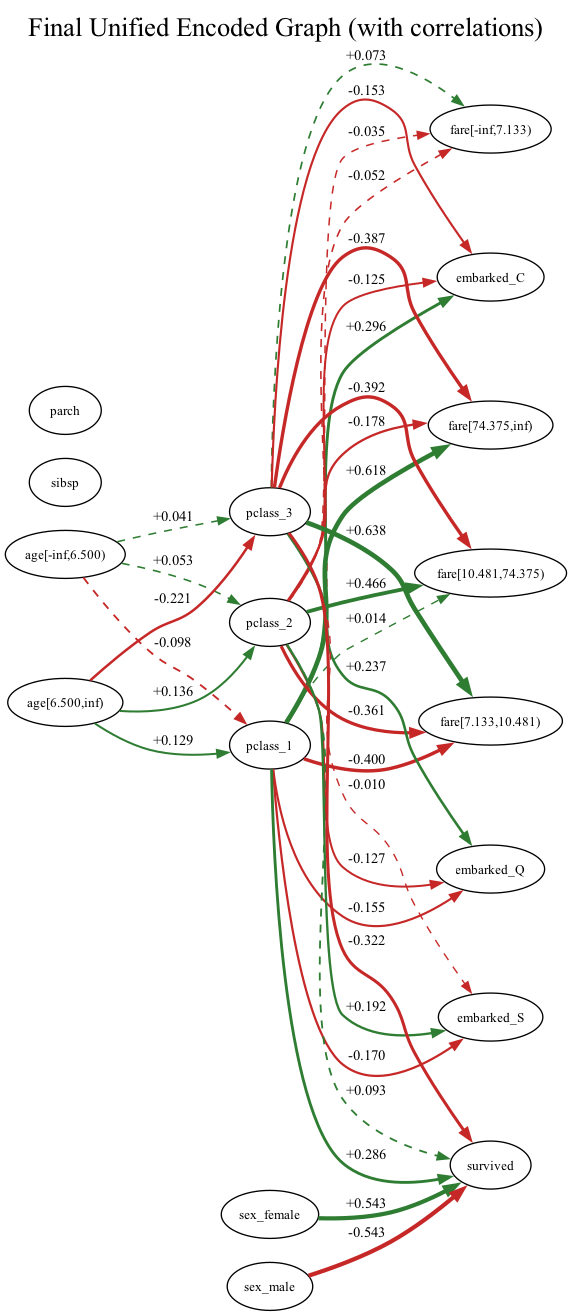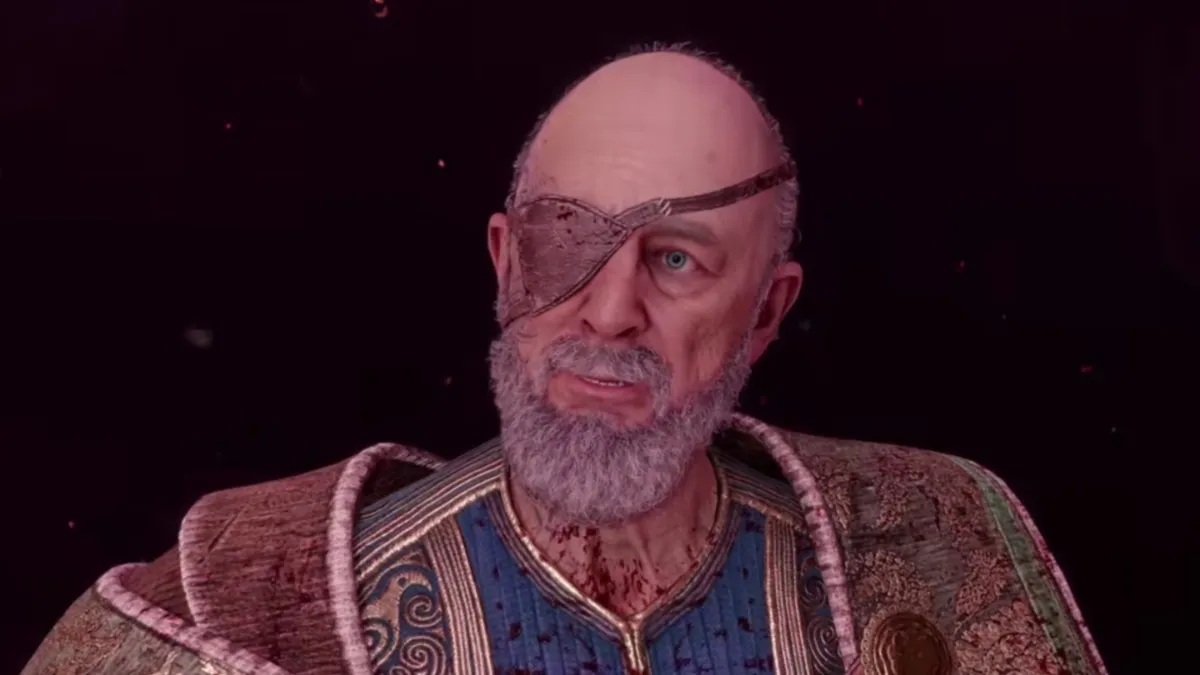Arknights: Endfield Weapons Tier List

These rankings reflect how well operators perform in Umbral Monument, the game’s difficult late-game challenge that assesses a team’s damage, resilience, and strategic thinking. To make things clearer, we’ve grouped characters into four levels: Strong (S), Good (A), Average (B), and Bad (D), and these rankings apply separately to each type of weapon.








